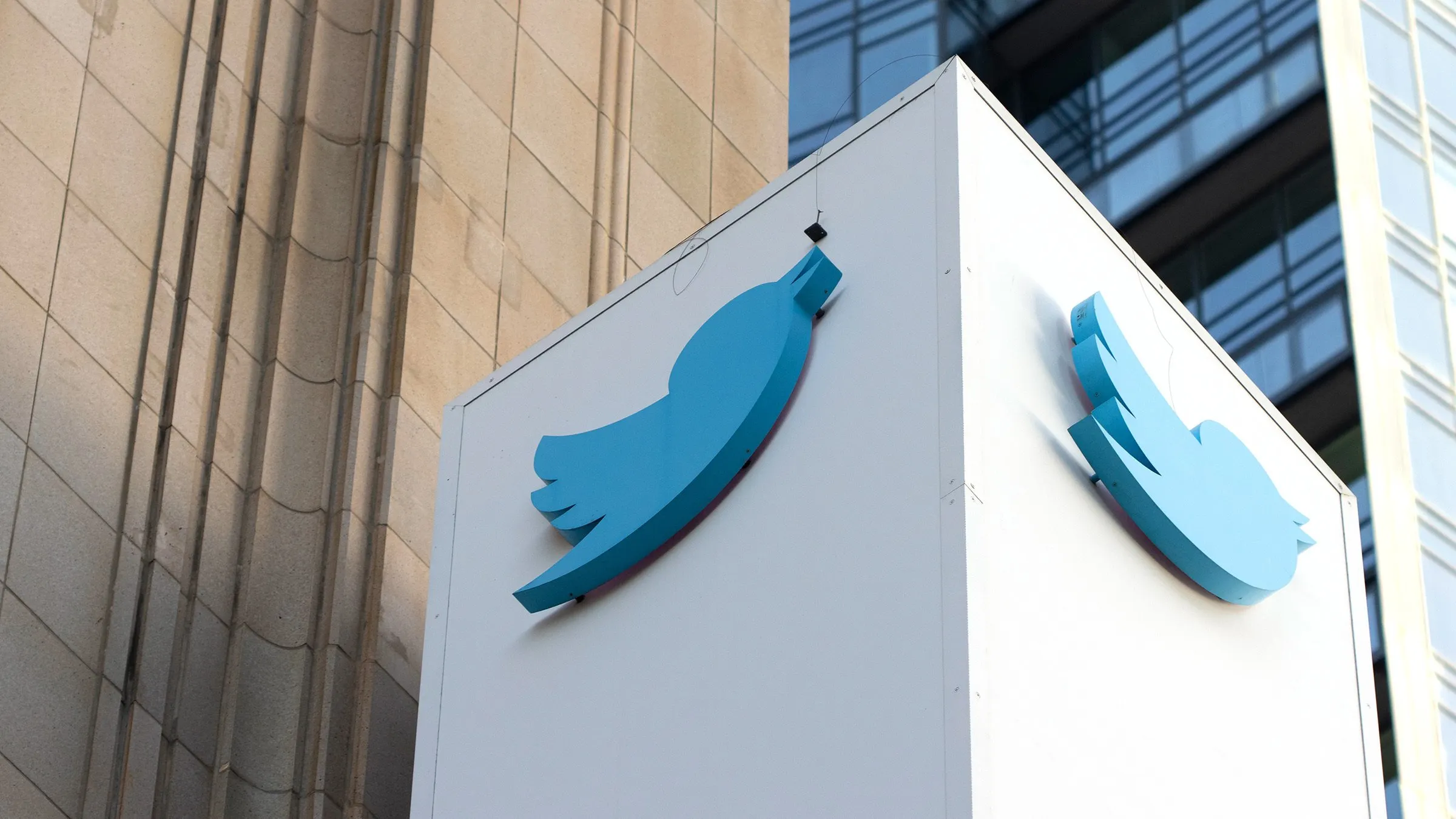The microblogging war is on, and more challengers are appearing at the gate, eying the crown long worn by Twitter by capitalizing on its shortcomings.
Two of these rivals are Spill and Threads. The first is founded by a pair of former Twitter executives looking to carve out a space for diverse voices. The second is being launched by Twitter’s arch-rival Meta, which has been looking to capitalize on Twitter’s business woes since coming under the mercurial control of Tesla CEO Elon Musk last October. (Is it any wonder that Musk and Zuck are now angling to duke it out in a steel cage?)
At the same time, Twitter also faces a challenge from another set of decentralized social media sites, BlueSky and Nostr, both of which were supported by Twitter's founder, Jack Dorsey.
These newcomers arrive at a time of ongoing tumult at Twitter. Since Musk took the helm, he has laid off scores of Twitter employees, scared off advertisers with his rhetoric and gutting of content moderation rules, and turned off users who are now using the app less than before.
Over the weekend, Musk rattled users again by introducing a tweet limit. Musk justified the move as necessary to "address extreme levels of data scraping & system manipulation," adding that the measures were temporary, but offering no timeline for when they would be lifted.
Twitter’s writhing has left space open for others to try and win over users by offering alternatives. But what do we know about these newcomers?
Spill
The Spill app is the brainchild of two former Twitter executives, Alphonzo "Phonz" Terrell and DeVaris Brown, who told AfroTech that they are building this app with the help of a diverse team of developers training Spill's artificial intelligence to better detect abusive user behavior.
In an interview with AfroTech, Terrell said that designing the platform with anti-abuse systems from the start would protect marginalized groups from harassment and make for a universally better experience.
"We know by now it’s a misnomer that these technologies are objective," said Terrell, Twitter's former global head of social and editorial. "It’s really important to have different perspectives building these platforms now.”
Instead of a tweet, users “spill”—playing off the term “spill the tea.” If a spill goes viral, the app wants to ensure users are the ones being compensated for their content. To do this, Spill will be relying on blockchain to create records of who created what to make compensation easier.
Spill developers have not yet provided the details of which blockchain network the app will use or how the tech will work, and a representative for the company did not immediately respond to Decrypt's request for comment.
Currently, the app is an invite-only beta on the Apple Store after launching in January. It is only available now on Apple’s OS, but will be available for Android in the future.
Threads
Once upon a time, Meta founder Mark Zuckerberg tried to buy Twitter. The year was 2008, at a time when social media began really taking off, but Twitter’s board made clear to Zuckerberg it wasn’t for sale.
Fast forward 15 years, and Twitter’s under new management and Meta is looking to carve its own path into the microblogging world. Its tool of choice? The “Twitter-killer” Threads.
Originally known as Project 92, the idea for Threads was born amid the early chaos that followed Musk's takeover of Twitter. According to the New York Times, Meta employees were quick to sense an opportunity to carve out market share and went to work on Threads.
Built off of Instagram as a starting point, the new app will directly port a user's Instagram followers and following lists, creating an early starting point for users. Its features aren't rare—many are identical to Twitter’s, but like Instagram, users will be allowed to pick who they want their audience to be, be it the public, friends, or close friends.
Threads is set to go online on July 6 for Apple and Android users.

